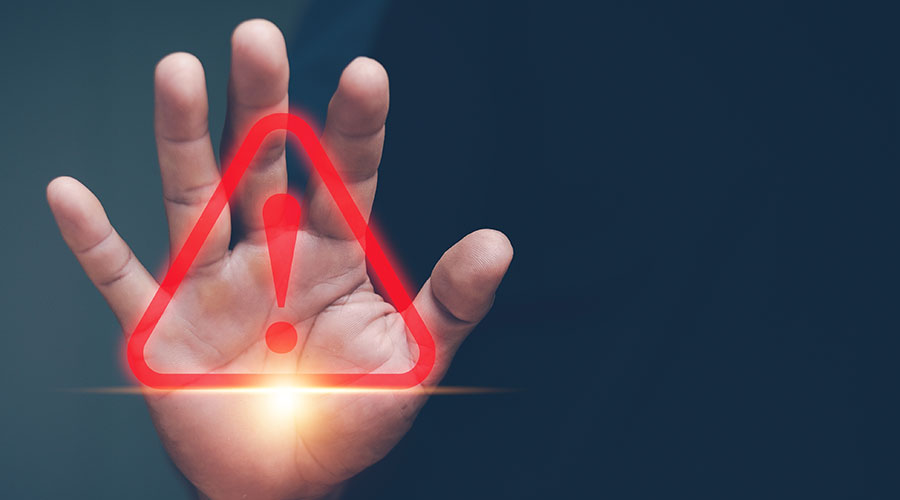Milwaukee manufacturer Visa Lighting introduced six new models to their growing behavioral health collection. Visa Lighting has recently become known in the industry for its luminaires designed for behavioral health facilities, which require fixtures to be both safe and therapeutic in design.
Visa Lighting’s “Symmetry” family has been on the market since 2016, with 23” and 45” diameter models designed specifically for patient overbed, general use, and tunability. Symmetry’s round, recessed ceiling luminaires feature a patented concave dome in the center of the lens that creates a beautiful ambient glow. This simple form factor allows lighting designers to use organic shapes and draw the eye to particular areas—without focusing on the luminaire itself.
Because they treat patients whose symptoms may include aggression or suicidal ideation, behavioral health facilities require a higher level of environmental safety precautions. Luminaires in patient areas must be tamper-resistant, ligature-resistant, and impact-resistant so that they do not pose a threat when damaged or combined with other objects.
Visa Lighting’s new Symmetry models are tested to IK10+ standards, which means they can withstand over 100 joules of mechanical impact. They are constructed with an additional 3/16” polycarbonate lens, which is fastened behind the minimal frame with tamper-resistant screws. Each model can be installed flush to the drywall/sheetrock ceiling, and recessed 5-7”.
However, safety isn't the only concern. Behavioral health facility design (whether hospital units or inpatient psychiatric centers) has shifted dramatically in the last decade. In addition to safety, most published standards for behavioral health design now consider aesthetics to be a crucial factor in quality of care:
· The New York State Office of Mental Health’s safety standards guide lists “Therapeutic Environment and Appearance” as a secondary criteria for product evaluation.
· In 2012, Ulrich et al. found that a “home-like design” can decrease patient aggression.
· The Behavioral Health Design Guide published by BHFC states that “Behavioral health units and facilities should be designed to appear comfortable, attractive, and as residential in character as possible.”
Behavioral healthcare evolved from symptom control to evidence-based care that focuses on personal recovery. More studies accumulate every year that demonstrate how therapeutic environments can have a positive effect on patient experience and help reduce the stigma surrounding behavioral health treatment.
Because elements in most areas of inpatient behavioral health facilities must be safe, luminaire design has traditionally been more institutional-looking. Now, thanks to more sophisticated manufacturing processes and the small footprint of LEDs, Visa Lighting’s engineers are able to craft luminaires that look more home-like and minimalist—while still passing vigorous safety tests.
Symmetry is a prime example. A crucial part of adapting this family’s design for behavioral health was retaining characteristics that made it suitable for high-end commercial spaces in the first place. The tamper-resistant screws that fasten the frame and lenses to the ceiling structure are barely visible and painted with the same finish as the frame. This keeps the aesthetic as minimalist as possible. The outer frame was redesigned with a marginal increase in thickness. Additionally, the outer polycarbonate lens is completely clear, which allows the inner acrylic lens to produce the same illumination effect.
 The Effect of Over-Cleaning on Human Health
The Effect of Over-Cleaning on Human Health Rumored Terror Threat to Hospitals Prompts FBI Warning
Rumored Terror Threat to Hospitals Prompts FBI Warning Ground Broken on New Johns Hopkins All Children's Hospital
Ground Broken on New Johns Hopkins All Children's Hospital States Move Forward to Better Protect Senior Citizens
States Move Forward to Better Protect Senior Citizens Archer and REDA to Transform Newport Beach Building into Outpatient Center
Archer and REDA to Transform Newport Beach Building into Outpatient Center